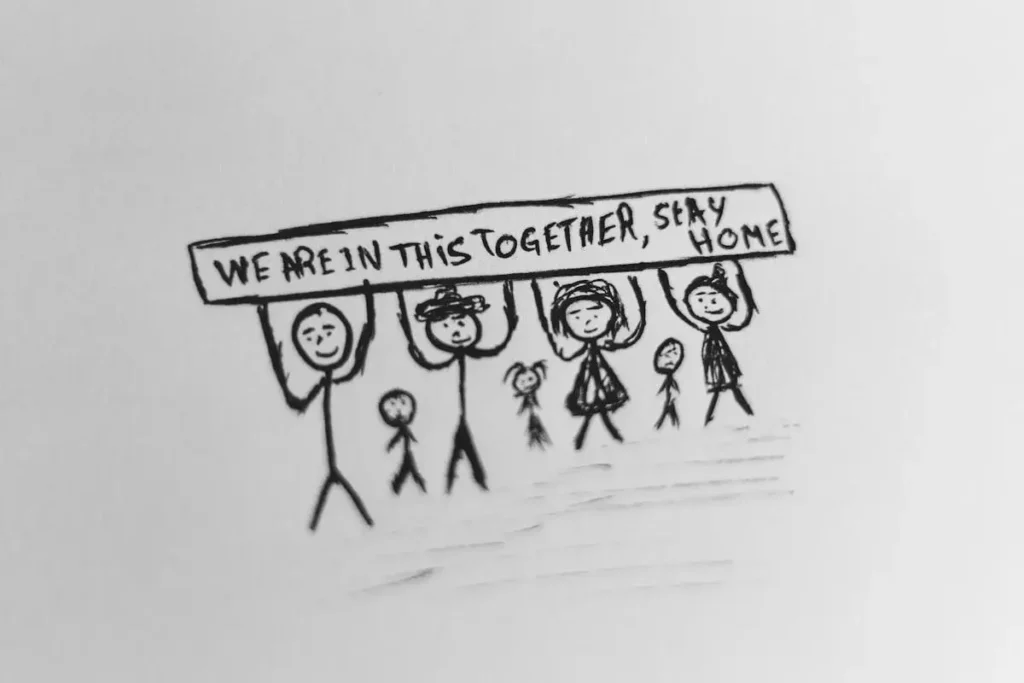Advice, Resources and More.
The information on this page is not intended to be a substitution for diagnosis, treatment, or informed professional advice. You should not take any action or avoid taking any action without consulting with a qualified mental health professional. For more information, please read our terms of use.
Lessons from Trauma Survivor Movements: Healing and Hope
Social movements centered on survivor experiences provide platforms for sharing stories, seeking justice, and demonstrating the healing power of community support for trauma survivors.
5 min read

Take the first step toward better mental health.
Top Categories
See All Categories
Hide Categories ↑






